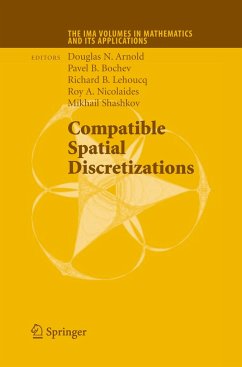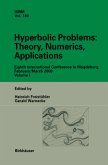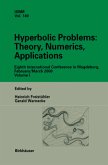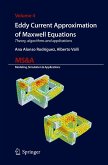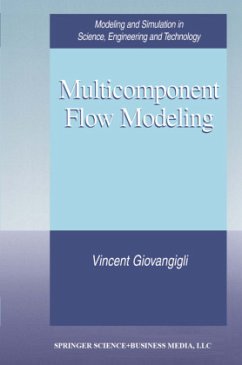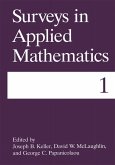The IMA Hot Topics workshop on compatible spatialdiscretizations was held May 11-15, 2004 at the University of Minnesota. The purpose of the workshop was to bring together scientists at the forefront of the research in the numerical solution of PDEs to discuss recent advances and novel applications of geometrical and homological approaches to discretization. This volume contains original contributions based on the material presented at the workshop. A unique feature of the collection is the inclusion of work that is representative of the recent developments in compatible discretizations across a wide spectrum of disciplines in computational science.
Compatible spatial discretizations are those that inherit or mimic fundamental properties of the PDE such as topology, conservation, symmetries, and positivity structures and maximum principles. The papers in the volume offer a snapshot of the current trends and developments in compatible spatial discretizations. The readerwill find valuable insights on spatial compatibility from several different perspectives and important examples of applications compatible discretizations in computational electromagnetics, geosciences, linear elasticity, eigenvalue approximations and MHD. The contributions collected in this volume will help to elucidate relations between different methods and concepts and to generally advance our understanding of compatible spatial discretizations for PDEs. Abstracts and presentation slides from the workshop can be accessed at http://www.ima.umn.edu/talks/workshops/5-11-15.2004/.
Compatible spatial discretizations are those that inherit or mimic fundamental properties of the PDE such as topology, conservation, symmetries, and positivity structures and maximum principles. The papers in the volume offer a snapshot of the current trends and developments in compatible spatial discretizations. The readerwill find valuable insights on spatial compatibility from several different perspectives and important examples of applications compatible discretizations in computational electromagnetics, geosciences, linear elasticity, eigenvalue approximations and MHD. The contributions collected in this volume will help to elucidate relations between different methods and concepts and to generally advance our understanding of compatible spatial discretizations for PDEs. Abstracts and presentation slides from the workshop can be accessed at http://www.ima.umn.edu/talks/workshops/5-11-15.2004/.

